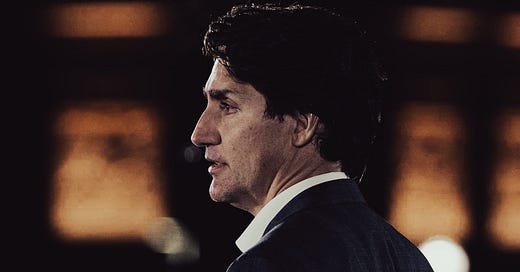Trudeau’s Prorogation Faces a Legal Showdown
JCCF argues Trudeau shut down Parliament to dodge scandals and a confidence vote, while Trudeaus lawyers admit prorogation is a political tool with “no limits.”
Trudeau’s Prorogation Faces a Legal Showdown: The Battle for Parliamentary Accountability
Something remarkable is happening in Canada right now. For the first time in history, a Prime Minister’s use of prorogation is being challenged in Federal Court. And why? Because Justin Trudeau shut down Parliament—not for governance, not because it wasn’t functioni…





